Bosch on importance of renewable synthetic fuels to reach climate goals; e-fuels
Green Car Congress
SEPTEMBER 22, 2019
First, apply electricity generated from renewable sources to obtain hydrogen from water. Climate neutrality. Vehicles on the road, when powered by synthetic fuel, are ultimately climate-neutral. Innovative biofuels, which are, for example, produced from waste materials, are useful—however, the supply is limited.


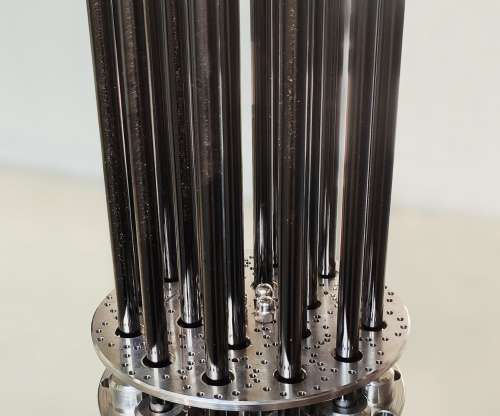
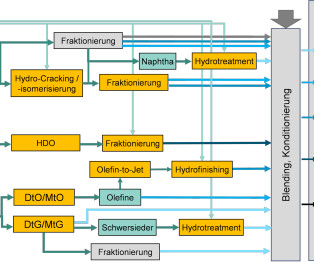

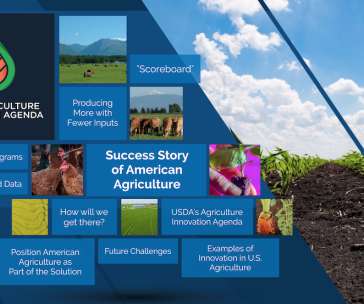
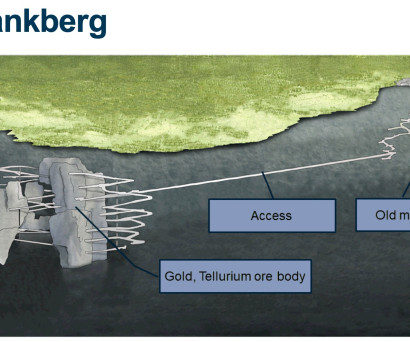
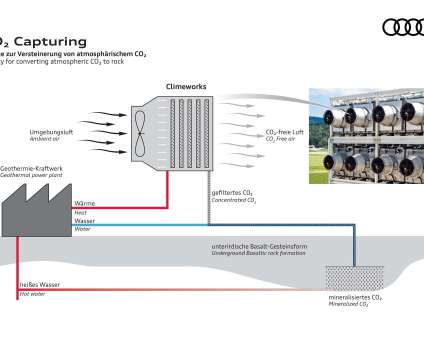










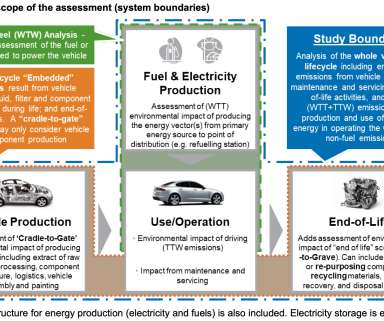







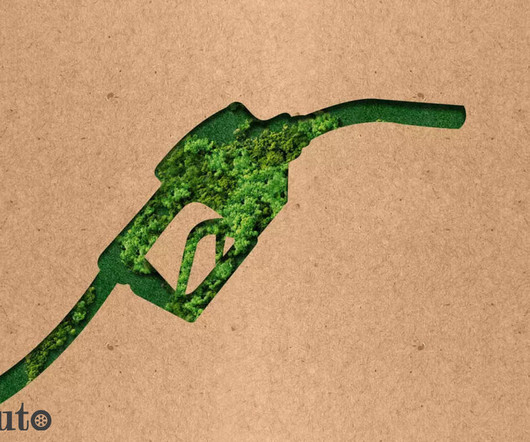








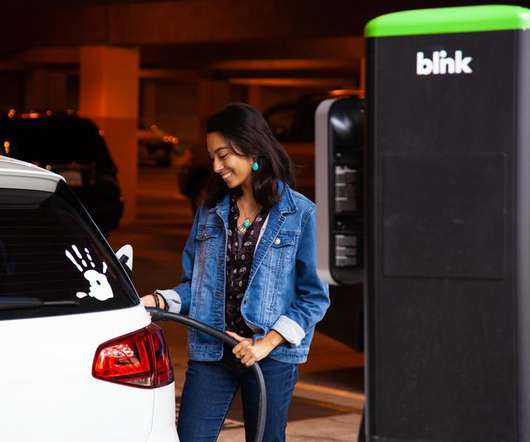


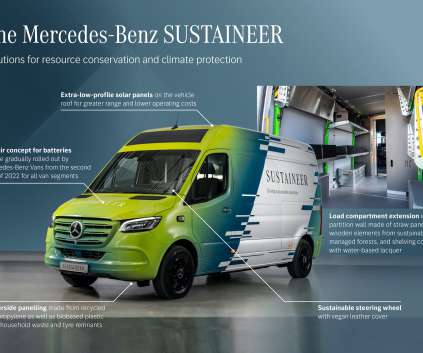






Let's personalize your content